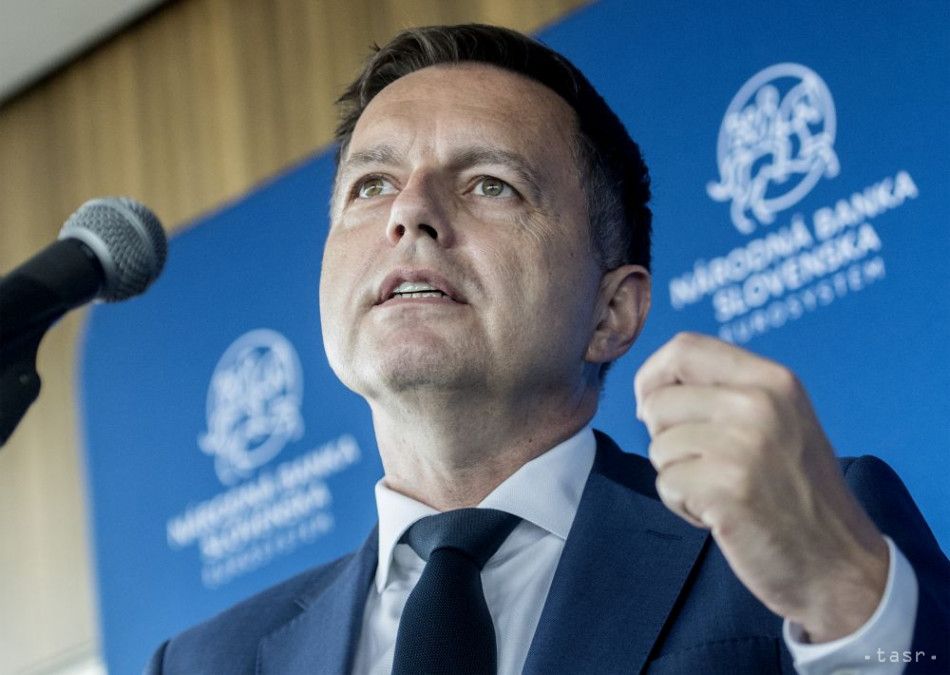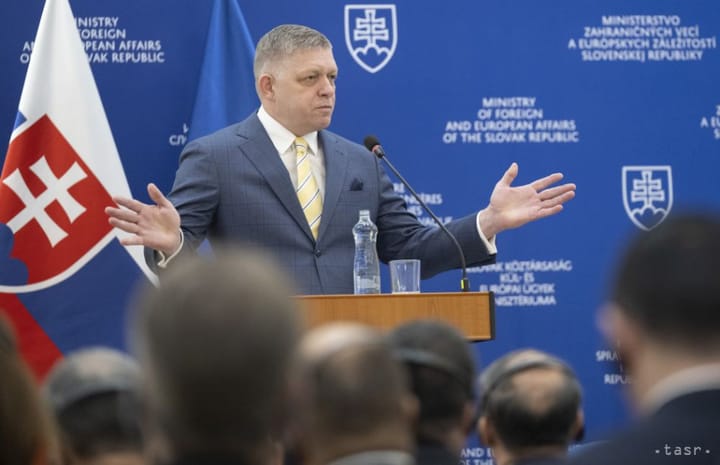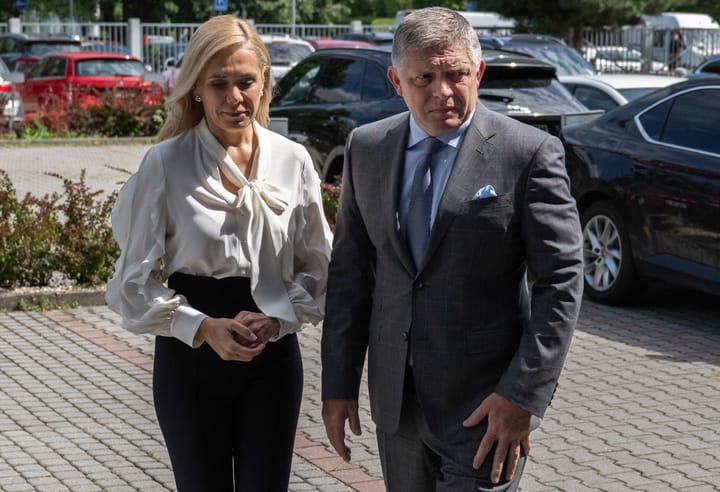Kazimir: We're in Situation that Requires Direct Transfers

Bratislava, June 29 (TASR) – The issue of debt sustainability in individual EU-member countries is one of the key arguments for opting also for direct transfers apart from loans in the next few years, said Slovakia’s central bank (NBS) governor Peter Kazimir following his meeting with EU Commissioner Maros Sefcovic on Monday.
“We’re now in a situation that also requires direct transfers, so we welcome the European Commission’s initiative called Next Generation EU. We view it as a correct instrument, which is an appropriate supplement to monetary instruments represented by the European Central Bank’s performance,” said Kazimir. He stressed that the money that the EC plans to send to the worst-hit countries must be accompanied by structural reforms of their economies.
Sefcovic noted that the €8 billion that Slovakia might receive from the recovery fund isn’t all the money set to be provided to it by the EU in the next few years. “This is just one tool that should be approved at the level of heads of countries and governments. The other one, which represents even greater financial opportunities for Slovakia, is the classic seven-year budget, called the multi-annual financial perspective, in which those investments will amount to more than €18 billion,” said Sefcovic. The financial package includes the possibility for Slovak entities to draw an additional €5 billion in the form of loans at extremely favourable interest rates.
According to Sefcovic, the crisis caused by the COVID-19 outbreak will accelerate certain EU integration processes. He views the recovery fund, for which the EC itself wants to borrow money on financial markets for the first time in history, as a fundamental innovation.
However, all EU-member countries will have to agree on it, underlined Sefcovic. The rules both at EU level as well as that of national governments will have to be simplified in order for this money to be drawn quickly and with a clear purpose, he added.



